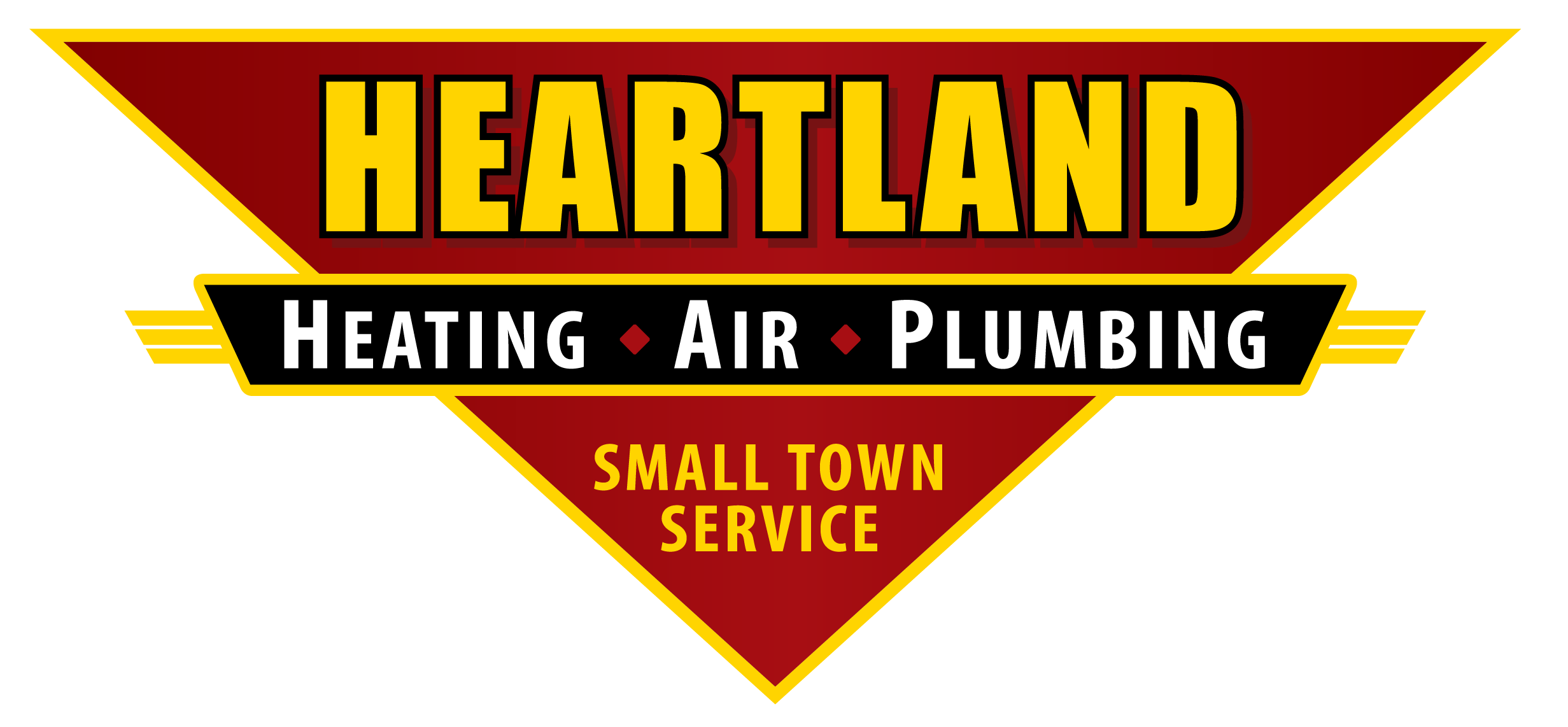As the days grow warmer and the nights grow shorter, we all start to look forward to the summertime. But what about all the people who dread the heat? If you seek a way to stay cool this time of year, a heat pump might be a good option for you. You may be familiar with these HVAC systems for heating a home, but how does a heat pump work in the summer? Heartland Heating, Air, and Plumbing tells you how they work to cool your home and the benefits they offer Murphysboro, IL area homeowners.
What Is a Heat Pump?
Before we talk about how a heat pump works in the summer, let us first explain what it is. A heat pump is a type of HVAC system that can be used in both the summer to cool your home and to heat it in the winter. In the summer, a heat pump works by transferring heat out of your home to decrease the indoor air temperature. In the winter, a heat pump does the opposite and transfers heat into your home to increase the indoor air temperature. Heat pumps work using electricity only, which means they do not consume a fuel source such as natural gas.
There are two types of heat pumps. Air source heat pumps rely on the outdoor air to transfer heat energy either in or out of the home. A geothermal heat pump instead relies on the constant heat of the earth, about 6-10 feet below the surface. Both heat pump systems are incredibly efficient and work well in all seasons.
How Does a Heat Pump Work in the Summer?
In the Summer, a heat pump works exactly the same way as an air conditioner. Both appliances move heat from one area to another. In the case of a heat pump, indoor air is cooled by passing over an evaporator coil that has been chilled by refrigerant. The refrigerant absorbs heat held within the air, which causes the air temperature to fall. The refrigerant also changes from a liquid to a gas.
The refrigerant gas then travels to the compressor in the outdoor unit. There it is compressed and becomes significantly hotter and higher in pressure. The hot refrigerant moves into the condenser coil, which is also located in the outside portion of the system. Here, the refrigerant lets off heat. The heat released into the surrounding air cools the refrigerant and it transforms back into a liquid state. Then, the refrigerant returns to the indoor evaporator coil to start the process over again.
The Benefits of Heat Pump Cooling
There are many advantages to heat pumps for Murphysboro homeowners. Here are some of the benefits you can expect when you use a heat pump system at your home:
- A heat pump is a great option for both summer and winter comfort. They can function as both heating and cooling systems, so your home only needs one type of equipment.
- While cooling efficiency is on par with an air conditioner, heat pumps are more energy-efficient than furnaces and boilers. In fact, they are around three times more efficient!
- Because they do not burn fuel, heat pumps reduce household carbon emissions compared to fossil fuel heating systems. For a greener home and warmer winters, go with a heat pump!
- Heat pumps offer better dehumidification compared to an air conditioner, which helps to keep your home more comfortable this time of year.
Call Heartland For Heat Pump Installation in Murphysboro, IL
Now that you know how a heat pump works in the summer, you can see why they are such great cooling systems! If you’re interested in a new heat pump for your home, call Heartland Heating, Air, and Plumbing today to learn more!

